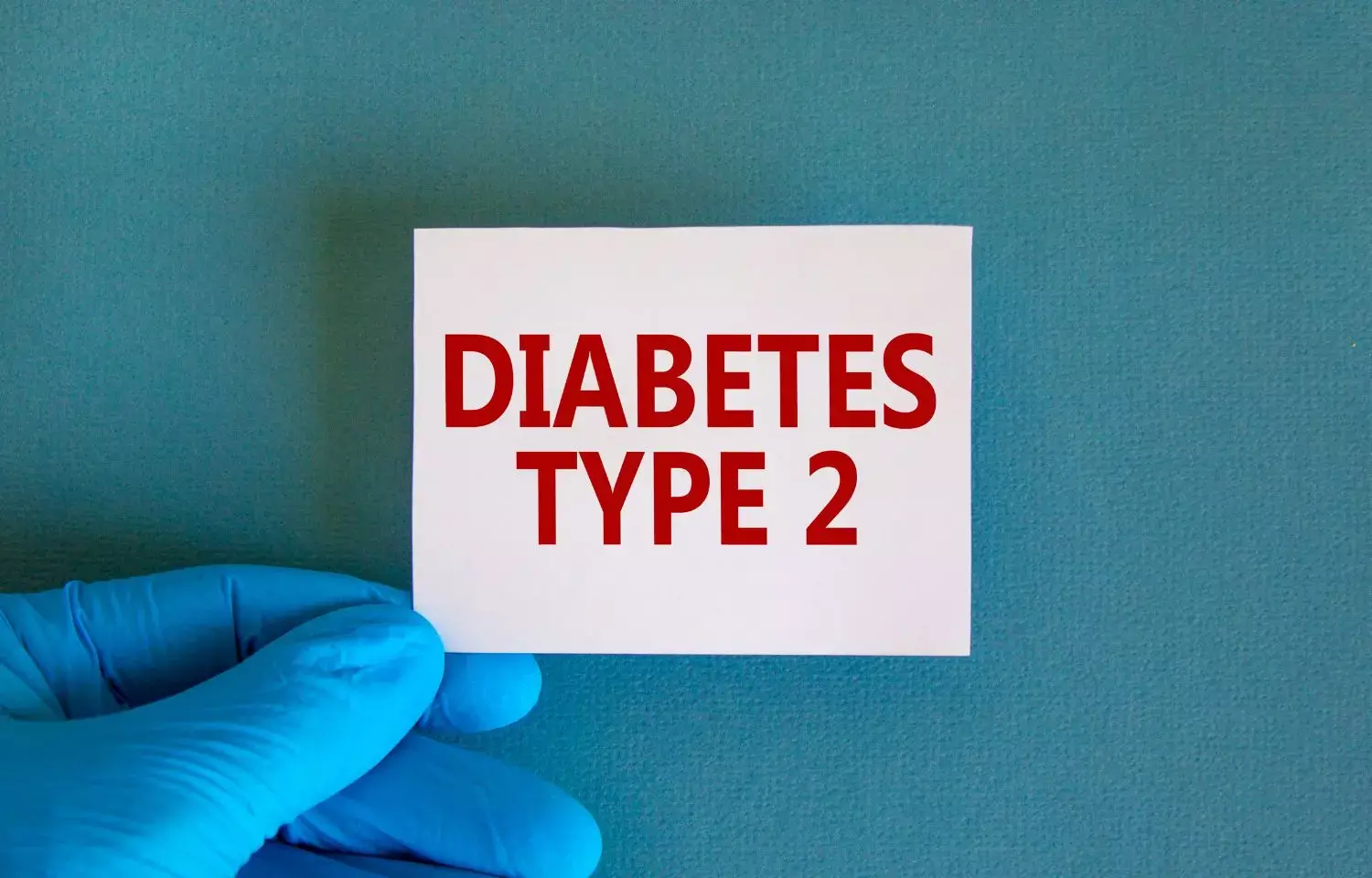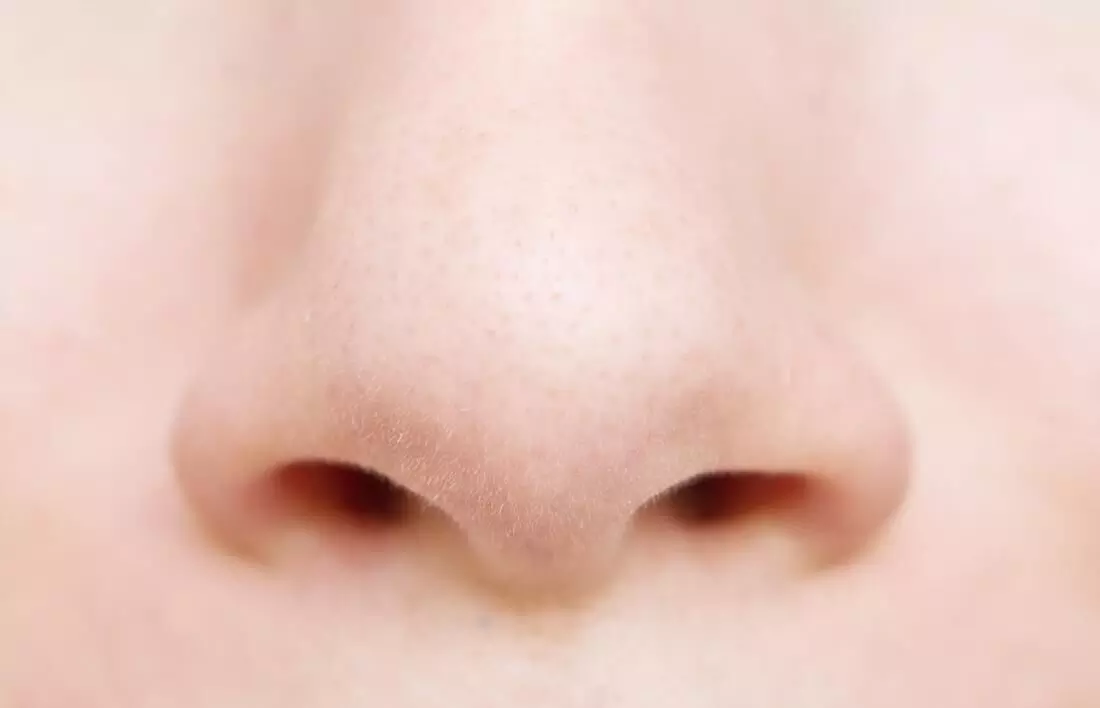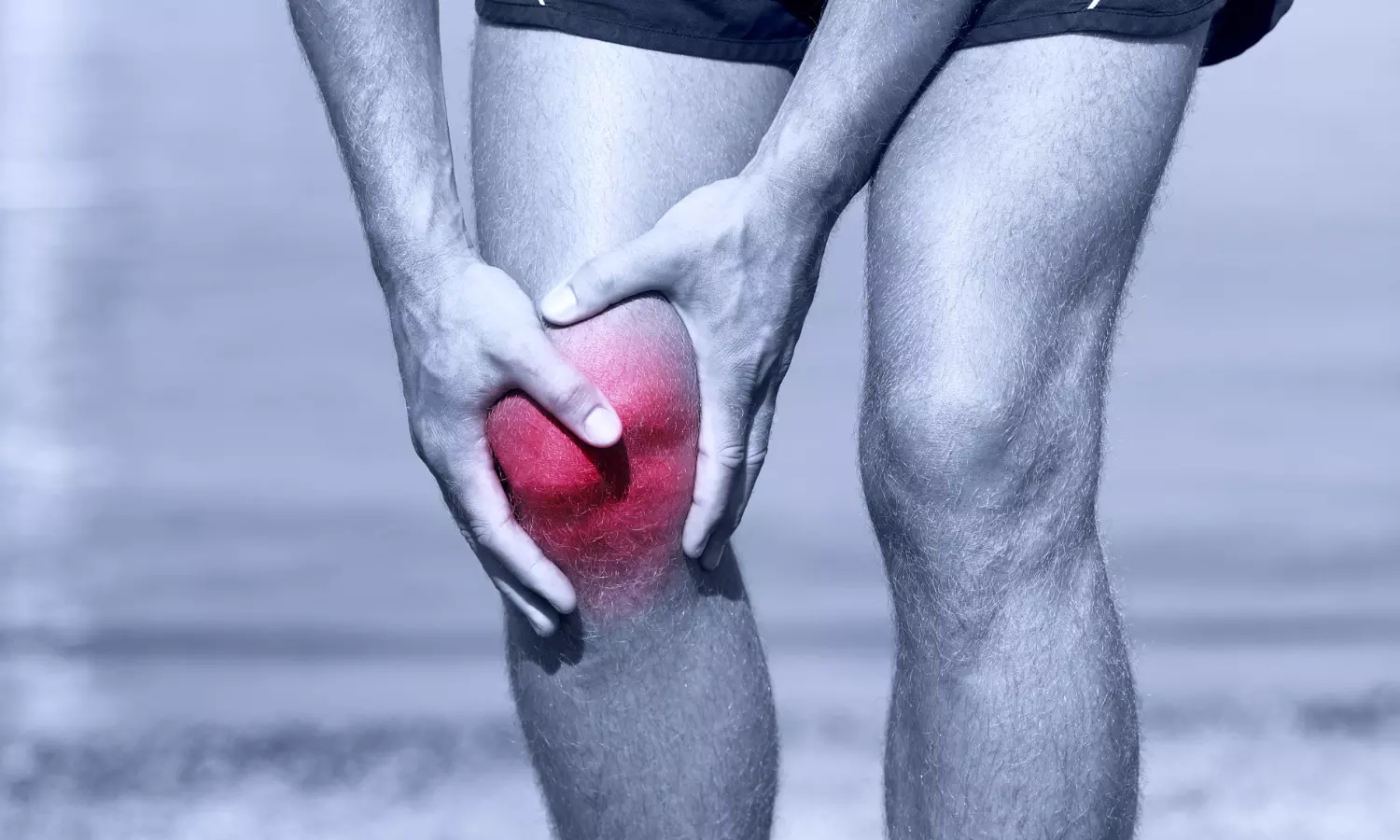- Home
- Medical news & Guidelines
- Anesthesiology
- Cardiology and CTVS
- Critical Care
- Dentistry
- Dermatology
- Diabetes and Endocrinology
- ENT
- Gastroenterology
- Medicine
- Nephrology
- Neurology
- Obstretics-Gynaecology
- Oncology
- Ophthalmology
- Orthopaedics
- Pediatrics-Neonatology
- Psychiatry
- Pulmonology
- Radiology
- Surgery
- Urology
- Laboratory Medicine
- Diet
- Nursing
- Paramedical
- Physiotherapy
- Health news
- Fact Check
- Bone Health Fact Check
- Brain Health Fact Check
- Cancer Related Fact Check
- Child Care Fact Check
- Dental and oral health fact check
- Diabetes and metabolic health fact check
- Diet and Nutrition Fact Check
- Eye and ENT Care Fact Check
- Fitness fact check
- Gut health fact check
- Heart health fact check
- Kidney health fact check
- Medical education fact check
- Men's health fact check
- Respiratory fact check
- Skin and hair care fact check
- Vaccine and Immunization fact check
- Women's health fact check
- AYUSH
- State News
- Andaman and Nicobar Islands
- Andhra Pradesh
- Arunachal Pradesh
- Assam
- Bihar
- Chandigarh
- Chattisgarh
- Dadra and Nagar Haveli
- Daman and Diu
- Delhi
- Goa
- Gujarat
- Haryana
- Himachal Pradesh
- Jammu & Kashmir
- Jharkhand
- Karnataka
- Kerala
- Ladakh
- Lakshadweep
- Madhya Pradesh
- Maharashtra
- Manipur
- Meghalaya
- Mizoram
- Nagaland
- Odisha
- Puducherry
- Punjab
- Rajasthan
- Sikkim
- Tamil Nadu
- Telangana
- Tripura
- Uttar Pradesh
- Uttrakhand
- West Bengal
- Medical Education
- Industry
Blood glucose variability and sleep quality in T2DM linked to Depression and anxiety

In T2 diabetics, blood glucose fluctuations and sleep quality are linked to an increased prevalence of depression and anxiety disorders. The study was published in the journal BMC Endocrine Disorders.
Diabetes is a pandemic affecting worldwide, causing increased morbidity and mortality. Literature shows that blood glucose fluctuation can be linked with depression and anxiety. Hence, researchers conducted a study to find the association between blood glucose fluctuation, traditional risk factors, and emotional disorders in T2DM.
182 diabetic patients were enrolled in this study. They were randomized into two groups of depression or anxiety having 81 patients and 101 patients without the emotional disorder. Data were obtained through medical history and questionnaire survey and were analyzed using appropriate statistical methods.
Key findings:
- Differences in the proportion of females were statistically significant in comparison to basic information.
- There was no statistical difference in laboratory examination indexes between the two groups.
- The standard deviation of blood glucose (SDBG) and postprandial glucose excursion (PPGE) of the comorbidity group was significantly higher than that of the control group.
- Statistically significant differences in sleep quality, PSQI, and dietary habit between the two groups was found through the questionnaire survey.
- The percentage of cognitive disorder, anxiety, and depression in the female group was significantly higher than that in the male group as per the gender stratification analysis.
- Mini-mental state examination (MMSE), self-rating anxiety scale (SAS), and patient health questionnaire (PHQ-9) scores in the female group were also higher than in the male group.
- Logistic regression analysis results showed that SDBG and sleep quality were associated with emotional disorders in T2DM, and the OR values of these factors were 7.588 and 4.428.
Thus, the researchers concluded that the increased prevalence of depression and anxiety disorders in T2DM was mainly due to blood glucose fluctuation and sleep quality.
For further reading, click here: Yang, Wei, et al. "The Increased Prevalence of Depression and Anxiety in T2DM Patients Associated With Blood Glucose Fluctuation and Sleep Quality." BMC Endocrine Disorders, vol. 22, no. 1, 2022, p. 232.
BDS, MDS
Dr.Niharika Harsha B (BDS,MDS) completed her BDS from Govt Dental College, Hyderabad and MDS from Dr.NTR University of health sciences(Now Kaloji Rao University). She has 4 years of private dental practice and worked for 2 years as Consultant Oral Radiologist at a Dental Imaging Centre in Hyderabad. She worked as Research Assistant and scientific writer in the development of Oral Anti cancer screening device with her seniors. She has a deep intriguing wish in writing highly engaging, captivating and informative medical content for a wider audience. She can be contacted at editorial@medicaldialogues.in.
Dr Kamal Kant Kohli-MBBS, DTCD- a chest specialist with more than 30 years of practice and a flair for writing clinical articles, Dr Kamal Kant Kohli joined Medical Dialogues as a Chief Editor of Medical News. Besides writing articles, as an editor, he proofreads and verifies all the medical content published on Medical Dialogues including those coming from journals, studies,medical conferences,guidelines etc. Email: drkohli@medicaldialogues.in. Contact no. 011-43720751




